Day of the Locust, The (1975)
Hello, CMBA members! I’m happy to be participating in the Classic Movie Blog Association’s Hollywood on Hollywood blogathon. If you’re new to my site, please click here to read more. Welcome!
“Luck’s just hard work, they say — and I’m willing to work as hard as anyone!”
|
Synopsis: |
|
Genres, Themes, Actors, and Directors:
Review: … a Yale art school graduate whose entrance into Hollywood is considerably greased by his Ivy League connections. But the character we follow most closely is Black’s Faye Greener: … an oddly sympathetic peroxide-blonde who strings numerous men along, but with full transparency about her priorities. Her concern for — and exasperation with — her ailing father (Meredith is perfectly cast as a former-clown-turned-salesman) … help to balance her childish affect and single-minded determination to shift her status from “extra” to “star”. (In the still below, she’s reaching out to herself on-screen during her overly brief appearance in a costume drama.) Inevitably, as with any cinematic adaptation of a literary work, nuance is lost in translation — but Schlesinger’s vision (assisted by DP Conrad Hall) shines forth, offering a vividly recreated landscape of Hollywood as seen from numerous vantages, including on bustling sets: … in studio offices: … in courtyard apartments: … along the dusty hills of Southern California: … up by the “Hollywoodland” sign: … at exclusive stag-film screenings: … and at Graumann’s Chinese Theater on an even-more-chaotic-than-usual opening night. Day of the Locust is less concerned with telling the arc of Etherton’s new career than showing us how all-consuming this universe was (and still is) for those who covet — or are even curious about — its offerings. Meanwhile, Sutherland’s hulking giant offers a deliberate counterpart to Hollywood’s headiness: his deeply neurotic, socially awkward accountant lives in Southern California for his health, and simply wants to help those-in-need; his character’s decline — intentionally evocative of Frankenstein‘s monster — is especially tragic given his status as a sacrificial innocent. Watch for many memorable supporting characters, including androgynous Jackie Haley as the fatally obnoxious “Adore”: … Billy Barty as Abe Kusich: … Geraldine Page as “Big Sister”: … Natalie Schafer (of “Gilligan’s Island” fame) as a cultured madam: … and William Castle in cameo as a director. Note: Click here for a Project Gutenberg copy of West’s book, which is well worth a read. Redeeming Qualities and Moments:
Must See? Categories
Links: |
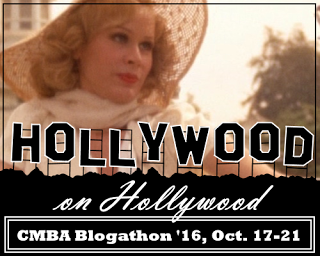
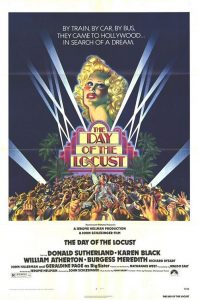
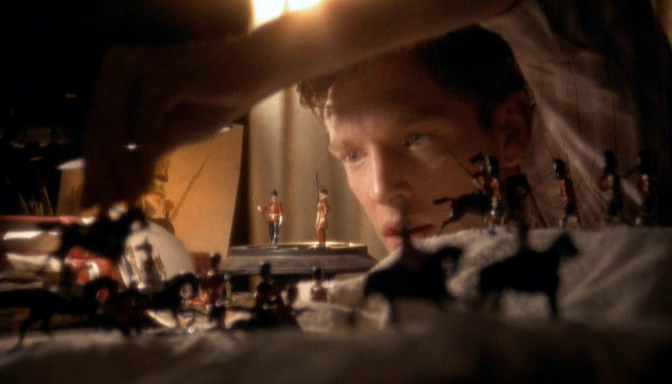
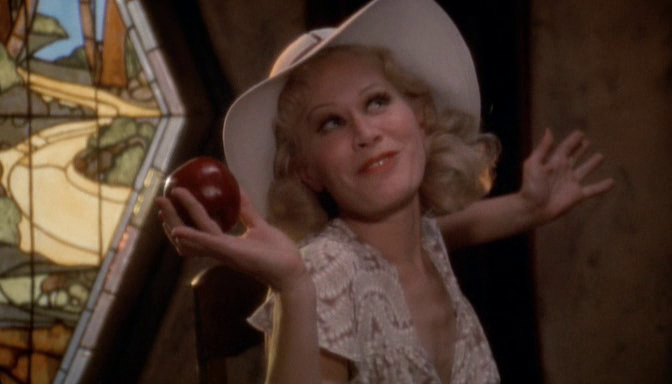

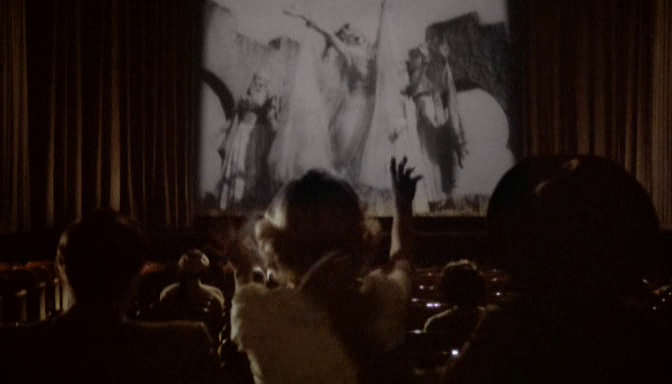
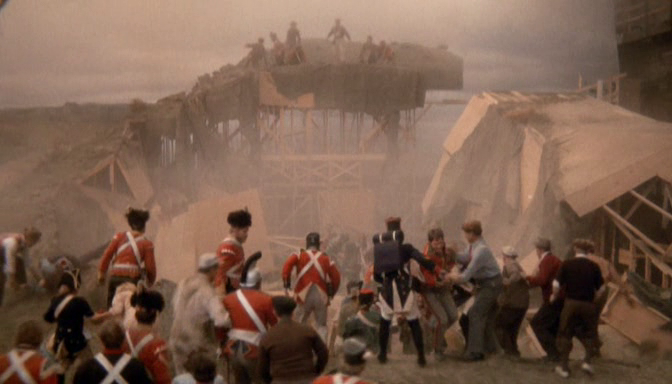

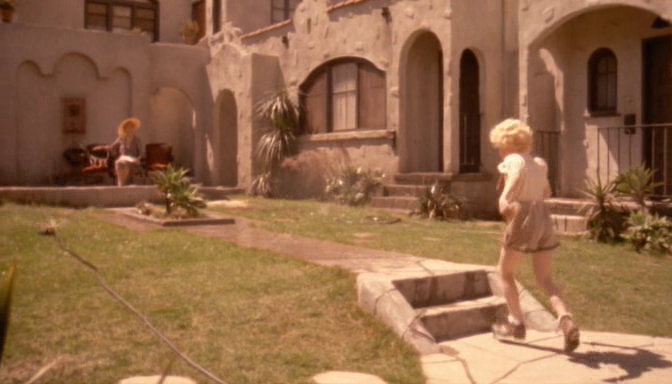

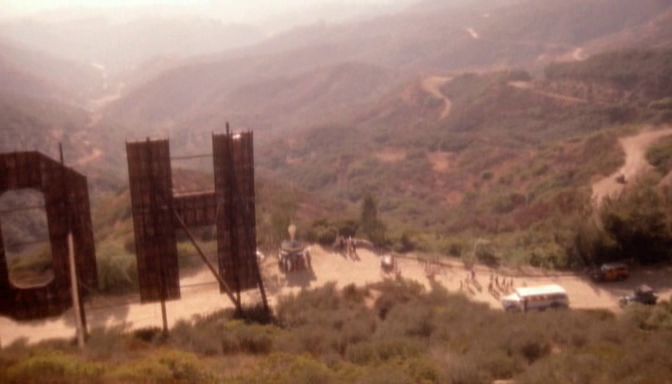
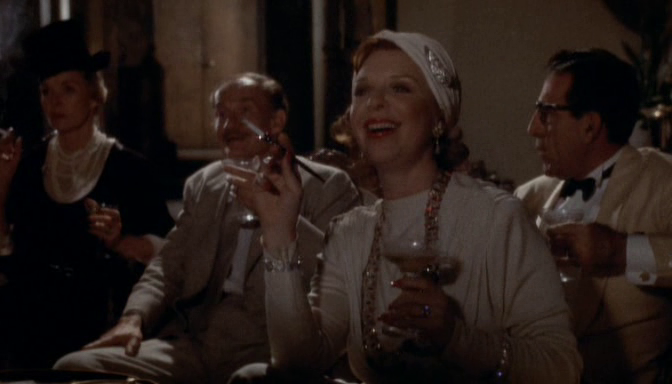
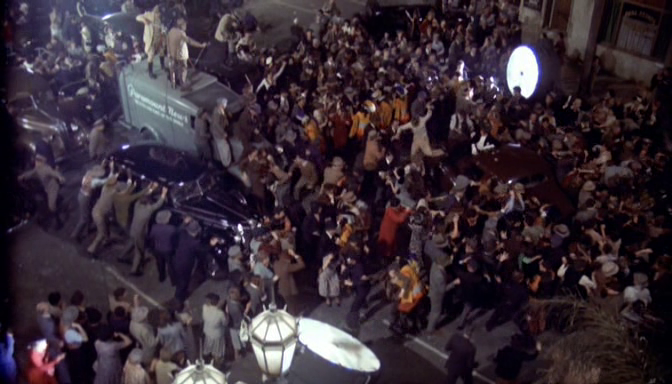
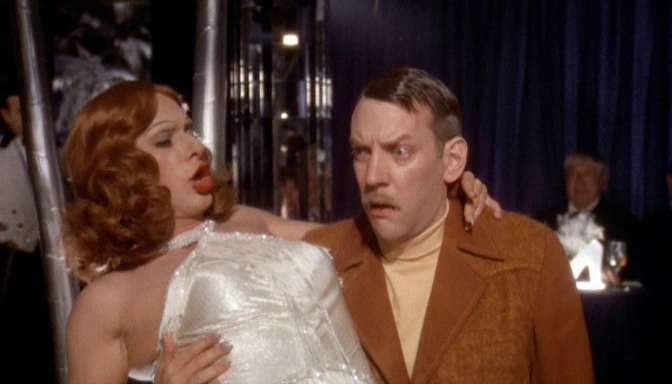

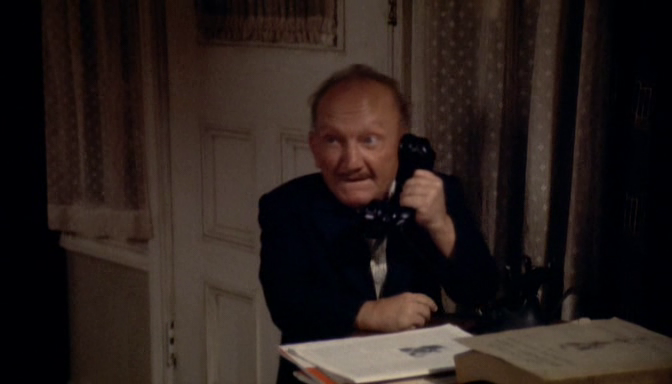
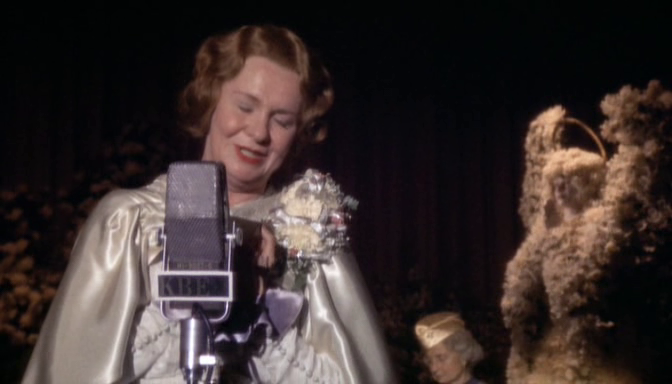
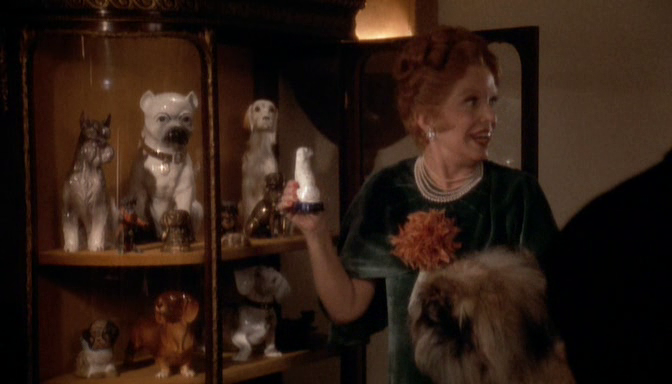
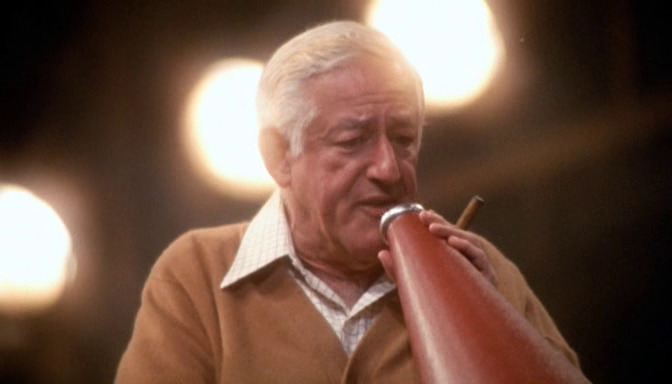
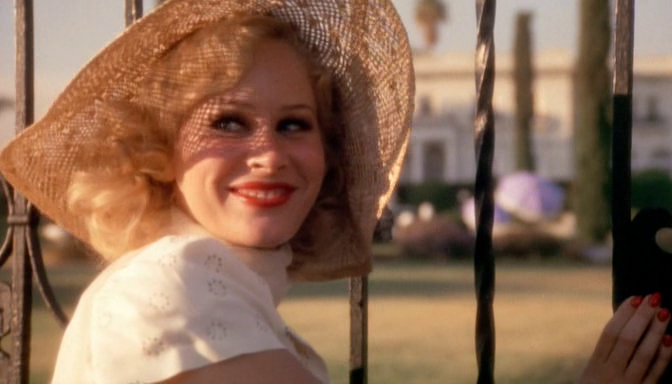


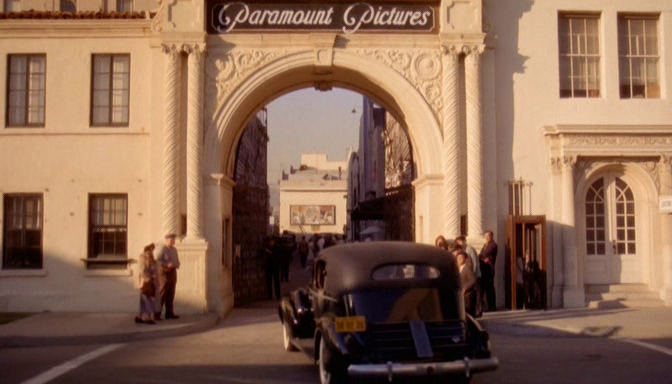
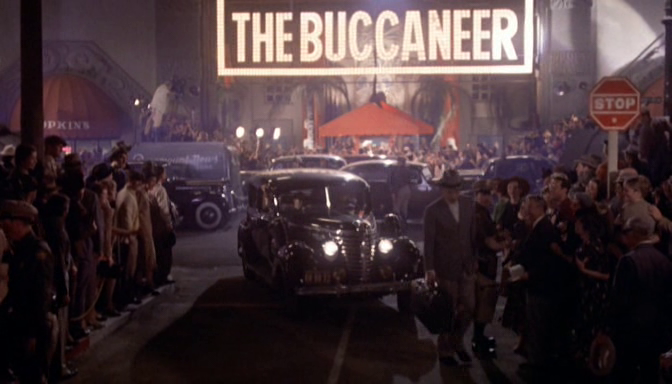
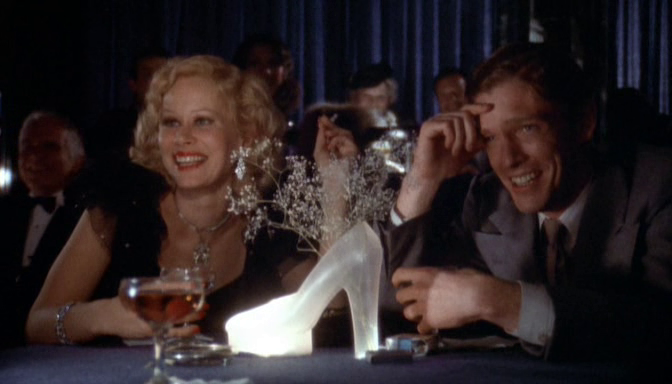
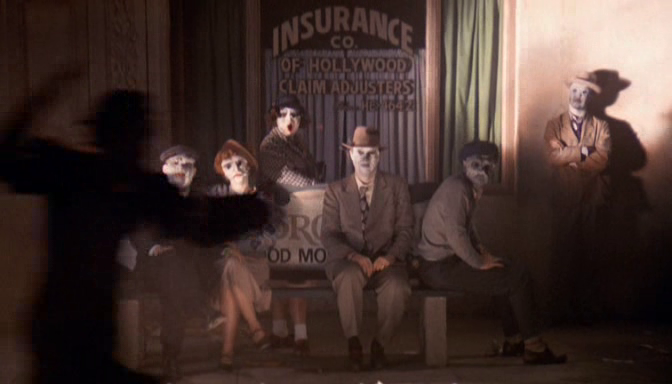
One thought on “Day of the Locust, The (1975)”
A tentative once-must – for those who have a particular interest in movies about movies.
Seeing this again after many years, what struck me most is that this is not at all an audience-friendly film. It is not particularly trying to draw you in for something to share – in fact, it’s (perhaps unconsciously) attempting to push you out, with its bitter statement reaction about what people do to get what they want (esp. in Hollywood).
I had read West’s book in high school – in the volume with ‘Miss Lonelyhearts’ (made into the interesting film ‘Lonelyhearts’ with Montgomery Clift, which Peary ignores). I was just recently reminded by an IMDb post that the book is even tougher than this film version: i.e., the film attempts to soften the book by making Homer a sympathetic character – whereas, in the book, he is just as heinous as just about everybody else. (That would have been way too much to handle in a film version; it, no doubt, looked for cinematic balance.)
Schlesinger had an ace crew to work with – which gives the film a remarkable look of prestige. But, in a sense, that is all for naught because there is almost nothing of high value in the story that’s being told. Unless there’s some value to be found in the reminder that ambitious or desperate or greedy people are to be avoided (or delicately danced around if you want a film career).
Perhaps it’s one thing to read about all of this in a book – but, as a film, there’s nothing to warm up to. Bleak scene follows bleak scene – and, if that weren’t enough, it’s 2 1/2 hours long!…making it more of a kind of torture.
Most challenging is what the film ends with: an extended (approx. 15-minute) sequence which continues to hit us over the head with what the film has been saying all along anyway: it’s best to have little faith in human nature (because look what tends to happen to people when they are in a mob number). (Personally, I think this sequence pours it on a little too thick.)
I’m not one to shy away from bleak material but it depends on how it’s served up and what the ultimate point of the film is. ‘Day of the Locust’ is content to revel in its montage of a black heart. I can’t say it’s a film that I like very much.